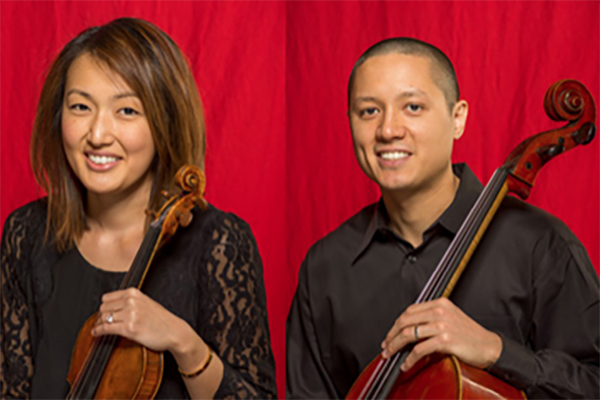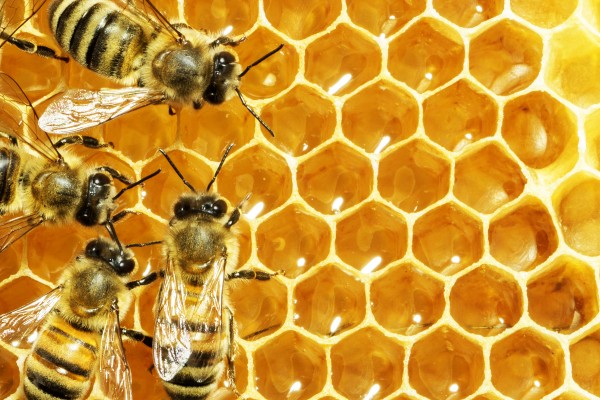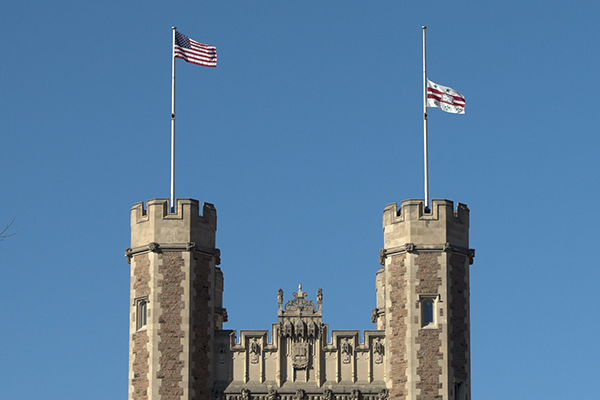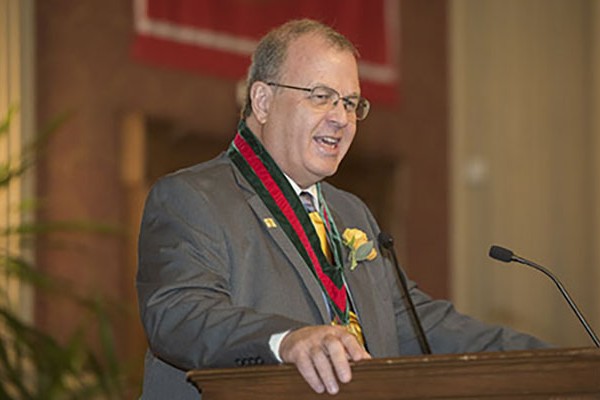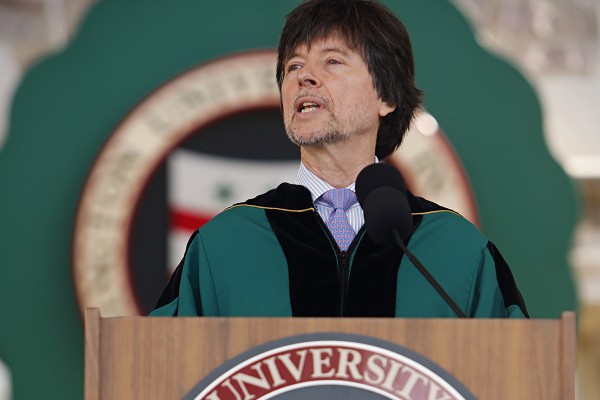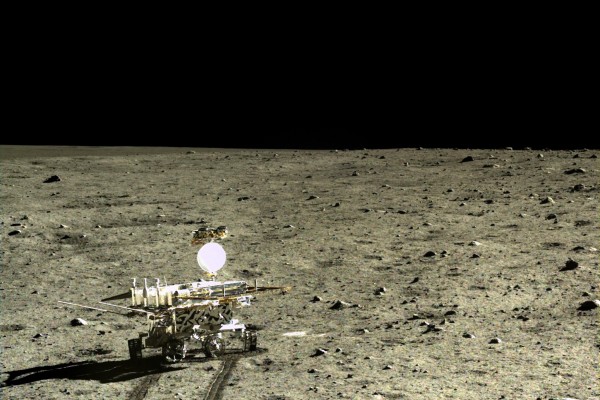DUC Chamber Series begins Jan. 20
The husband-and-wife team of violinist Joo Kim and cellist James Czyzewski will join pianist Patti Wolf to launch the Danforth University Center’s spring Chamber Music Series Jan. 20.
Poverty linked to childhood depression, changes in brain connectivity
Many negative consequences are linked to growing up poor, and researchers at Washington University St. Louis have identified one more: altered brain connectivity.
The secret life of bee genes
Genes inherited from mothers (matrigenes) and fathers (patrigenes) usually work harmoniously in the offspring. However, kin selection theory predicts these genes may be in conflict in interactions among relatives in which they are unequally represented (half-siblings). In honey bees, patrigenes are predicted to favor daughters that lay eggs themselves rather than remaining sterile and rearing their half-sisters’ offspring. An experimental test bears out this prediction.
Obituary: Daniel J. Leopold, 61, research associate professor of physics
Daniel J. Leopold, PhD, research associate professor of physics in Arts & Sciences at Washington University in St. Louis, died Dec. 10, 2015, after a battle with pancreatic cancer. He was 61.
Obituary: Richard W. Davis, professor emeritus of history, 80
Richard W. Davis, PhD, professor emeritus of history in Arts & Sciences at Washington University in St. Louis, died Friday, Dec. 25, 2015, in hospice care at Laclede Groves in St. Louis. He was 80.
Wall named inaugural Selina Okin Kim Conner Professor in Arts & Sciences
L. Lewis Wall, MD, DPhil, has been named the inaugural Selina Okin Kim Conner Professor in Arts & Sciences at Washington University in St. Louis. He was installed Oct. 21. Wall is also professor of anthropology in Arts & Sciences and professor of obstetrics and gynecology at Washington University School of Medicine in St. Louis.
Is your toddler ready for reading lessons?
Even before they can read, children as young as three years of age are beginning to understand how a written word is different than a simple drawing — a nuance that could provide an important early indicator for children who may need extra help with reading lessons, suggests new research from Washington University in St. Louis.
The top 10 stories of 2015
New discoveries, a new campus, Star Wars economics and another presidential debate – these were among the most-read stories of 2015 at Washington University in St. Louis.
Six faculty honored with Emerson teaching awards
Six members of the Washington University in St. Louis faculty have been honored with 2015 Emerson Electric Co. “Excellence in Teaching” awards.
New moon rock offers clues to moon’s formation
The Moon was never a fully homogenized body like Earth, analysis of Moon rocks made by the Chinese rover, Yutu, suggests. The basalts the rover examined are a new type, chemically different from those retrieved by the Apollo and Luna missions 40 years ago.
View More Stories
